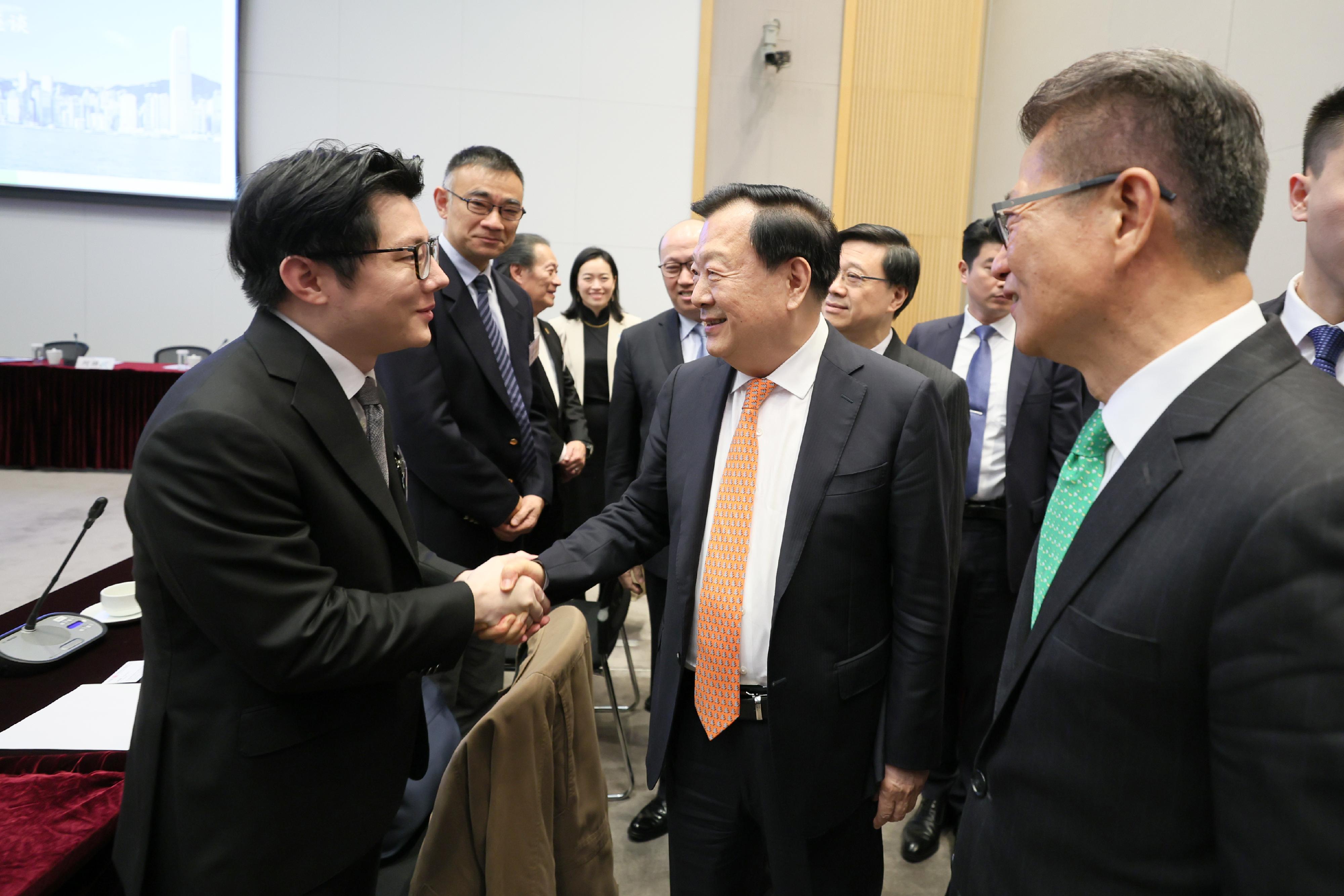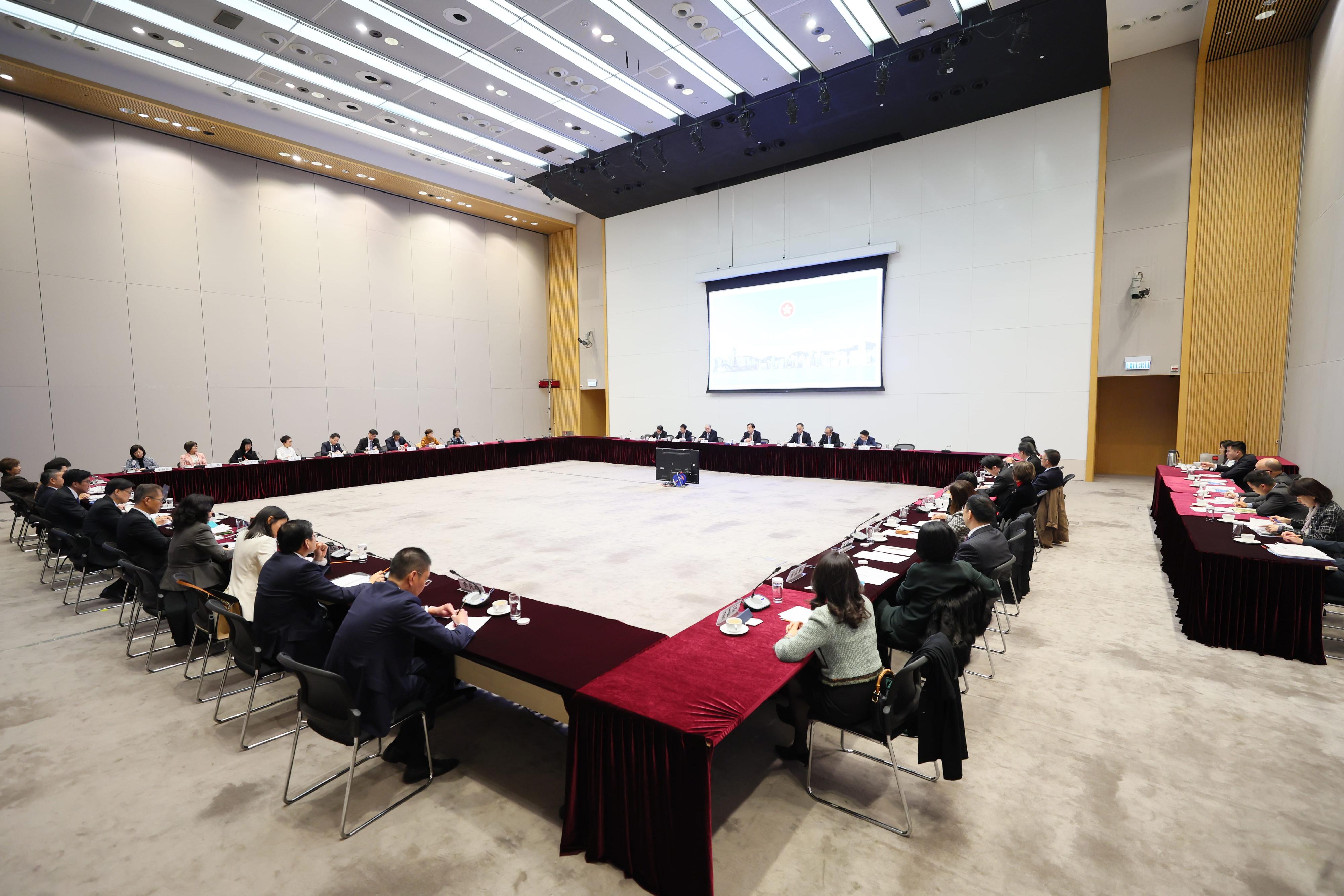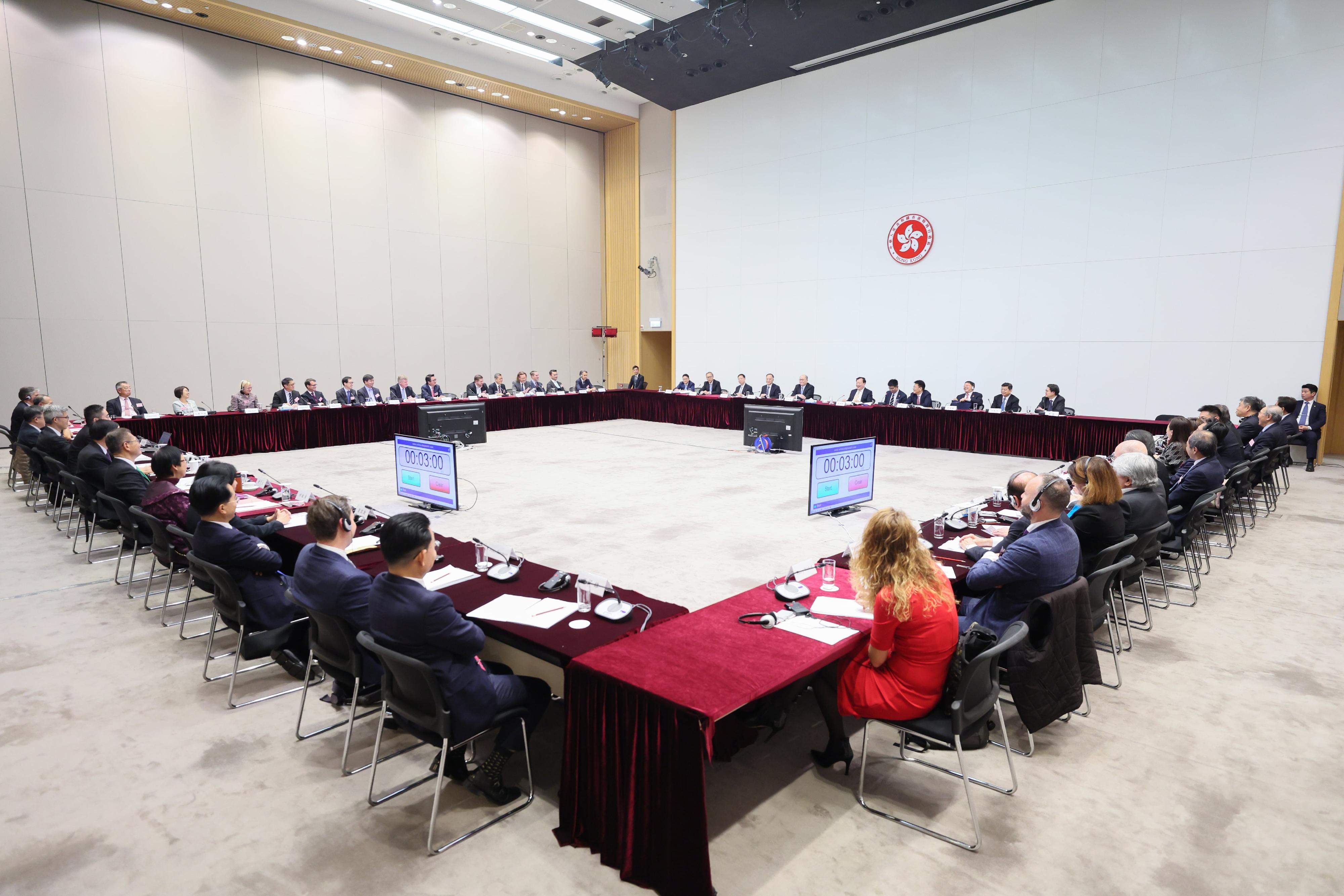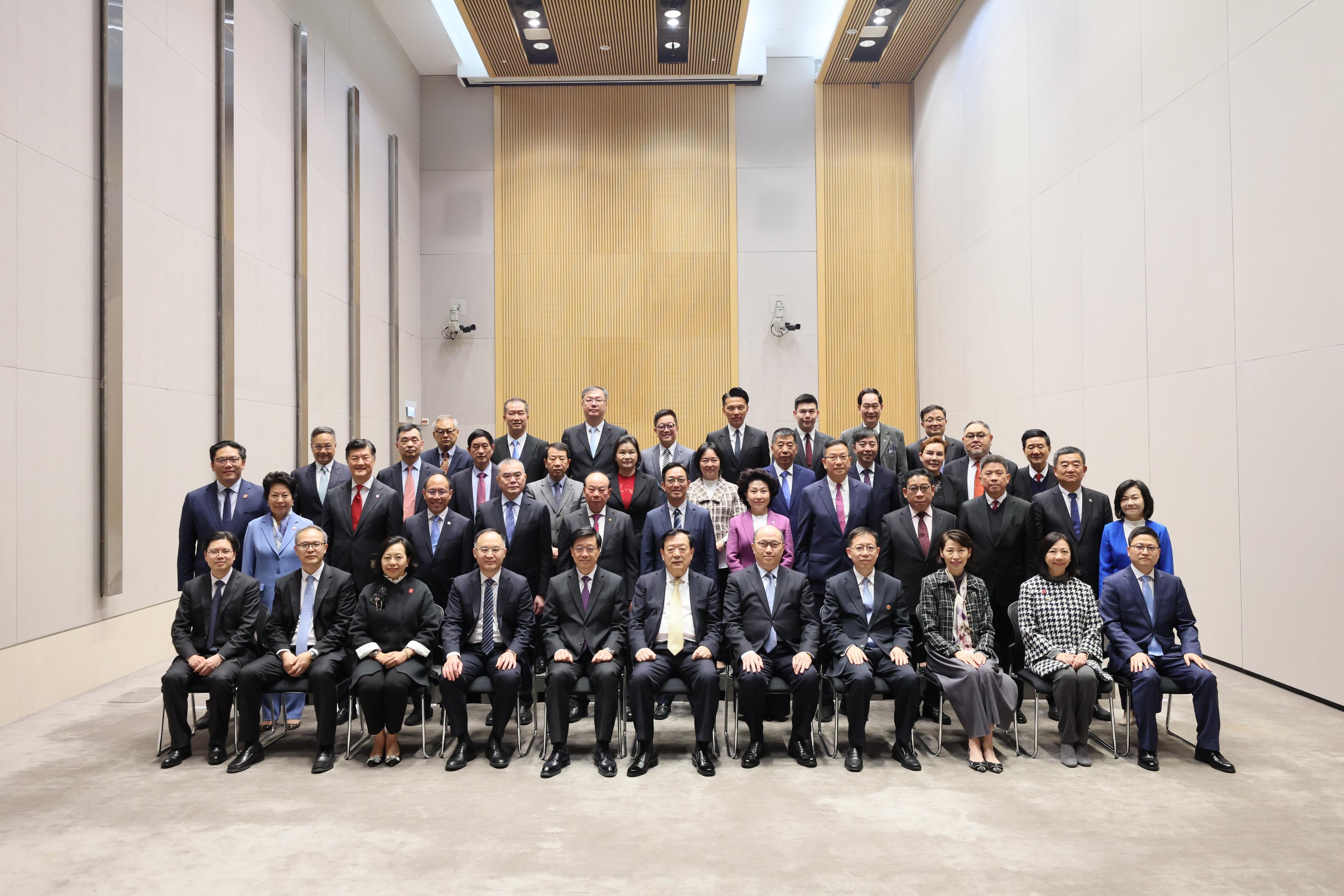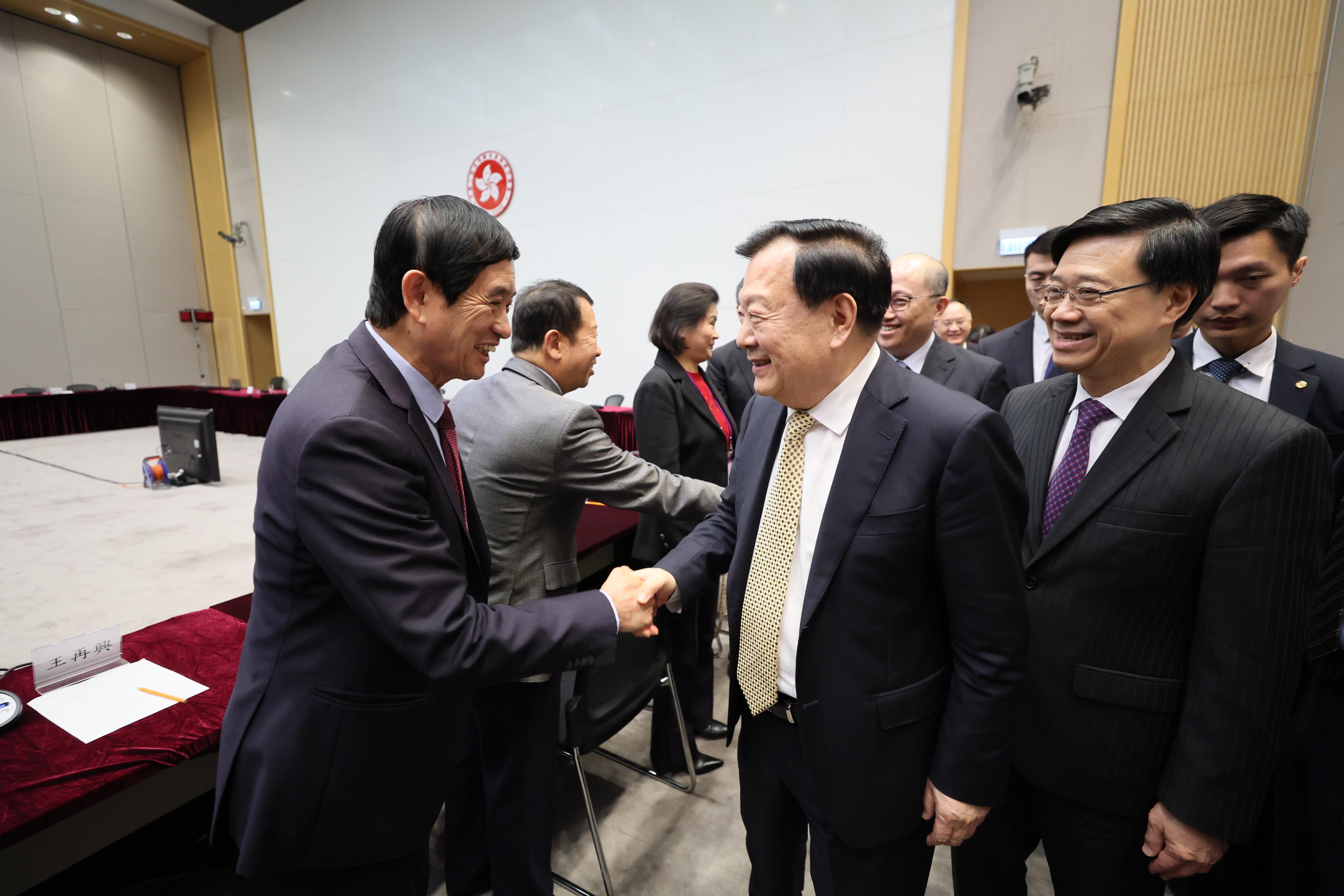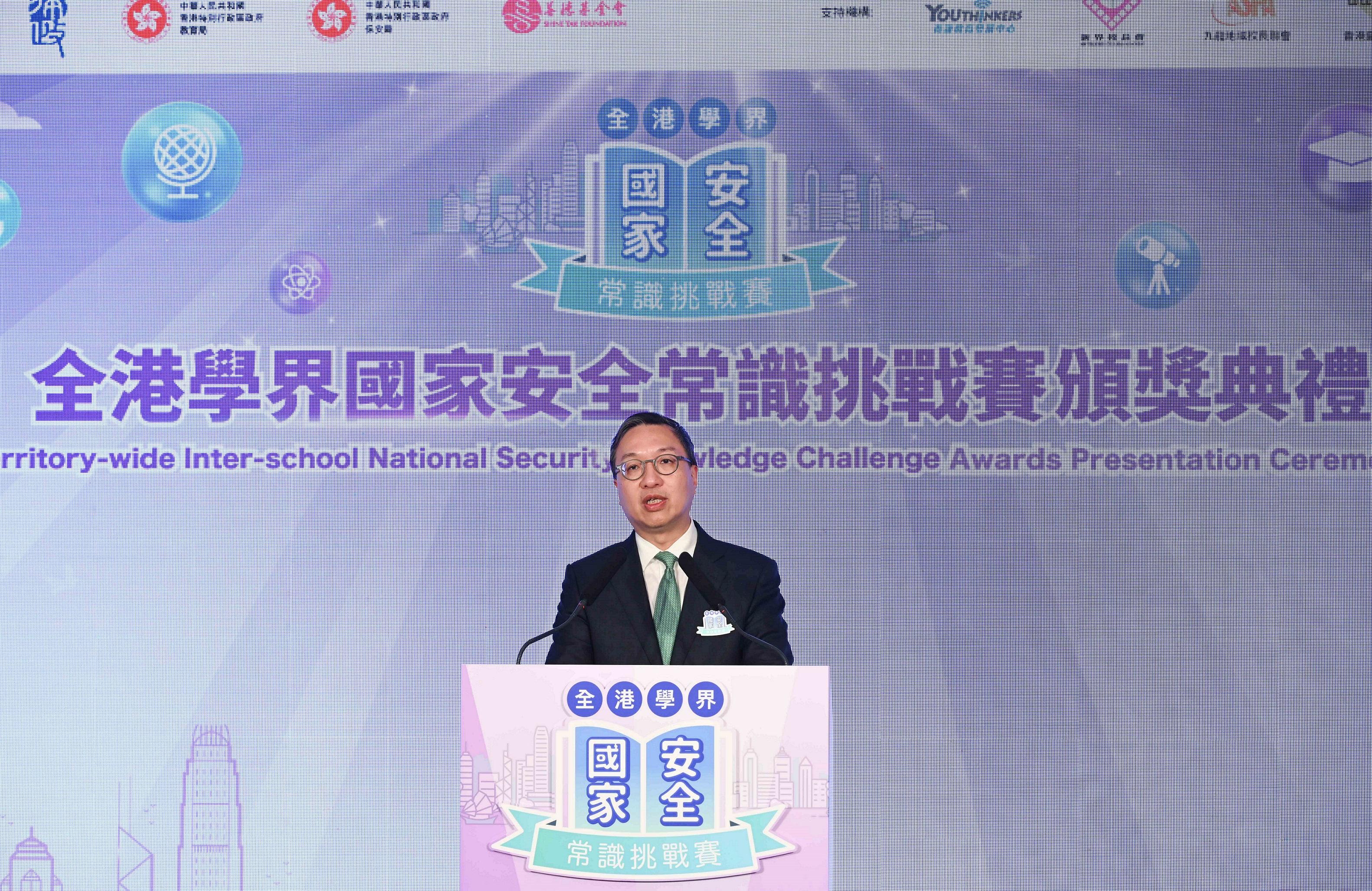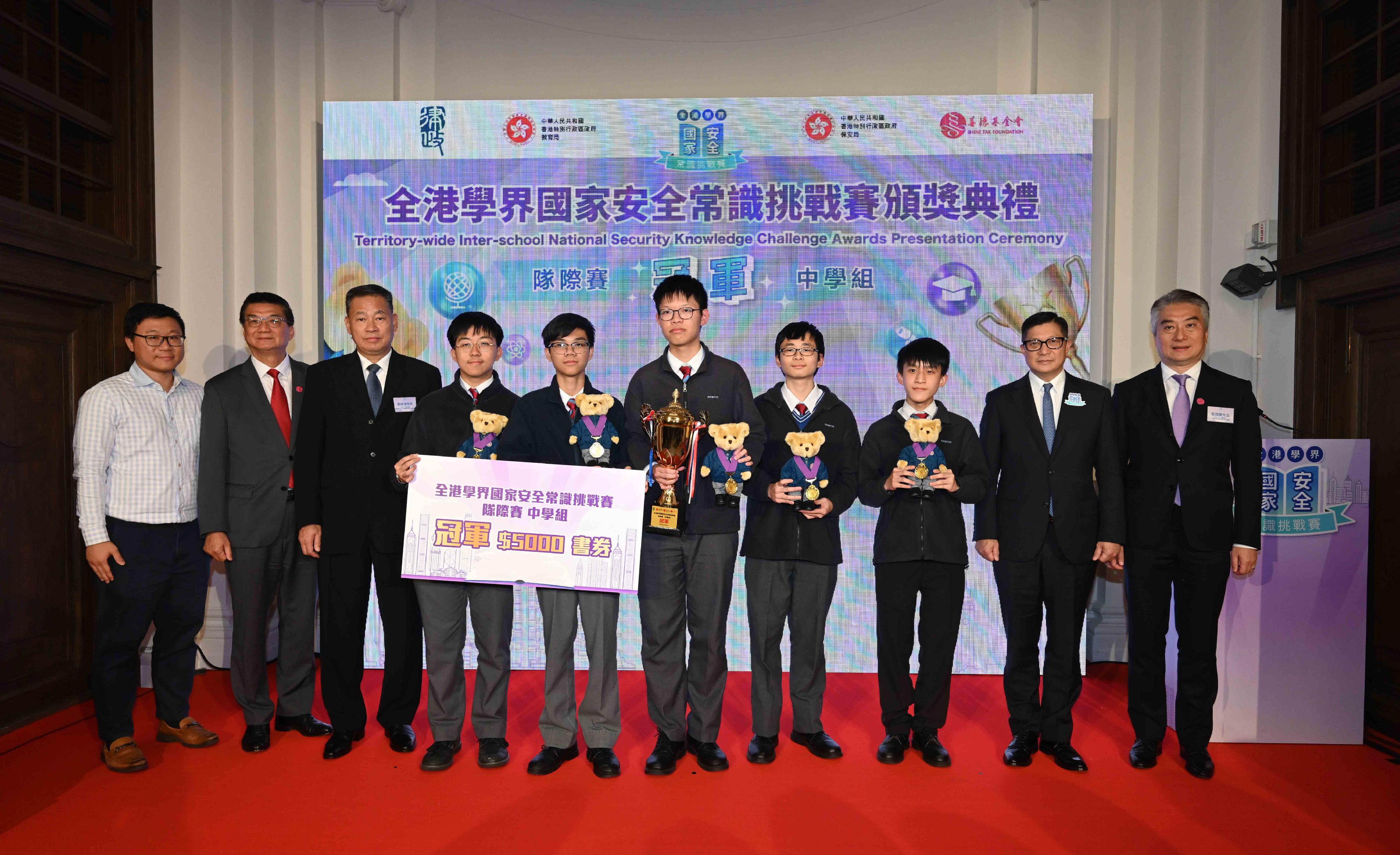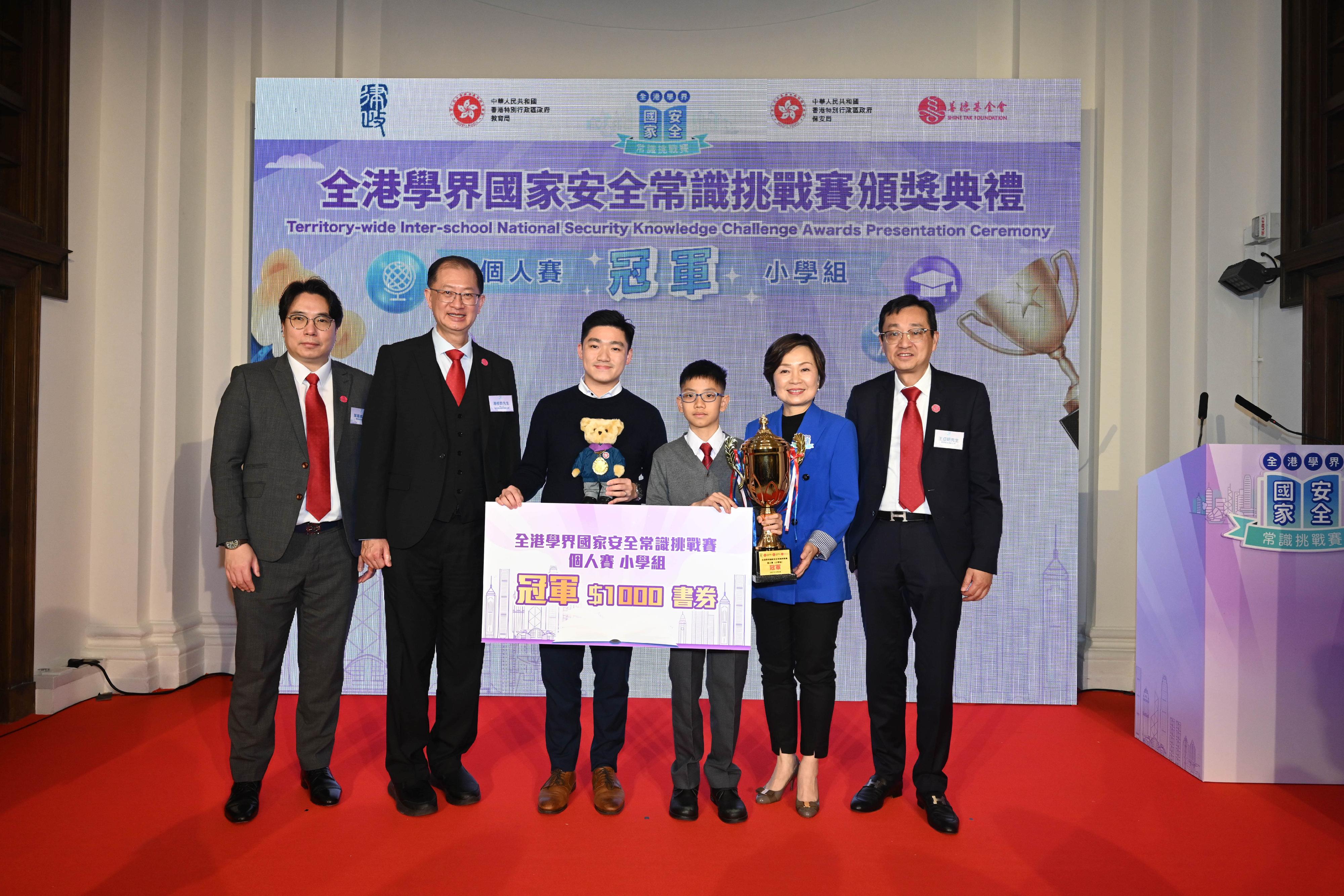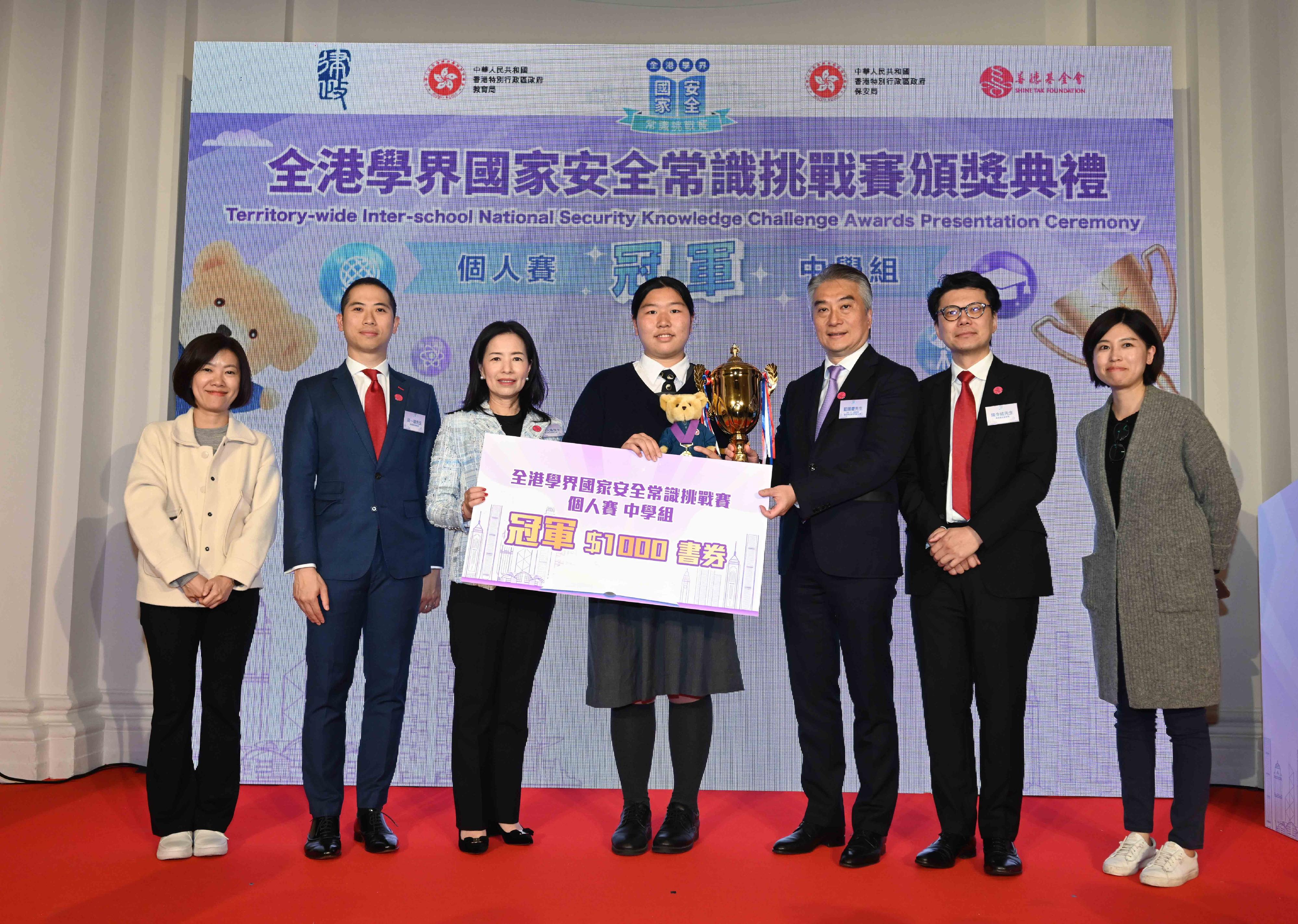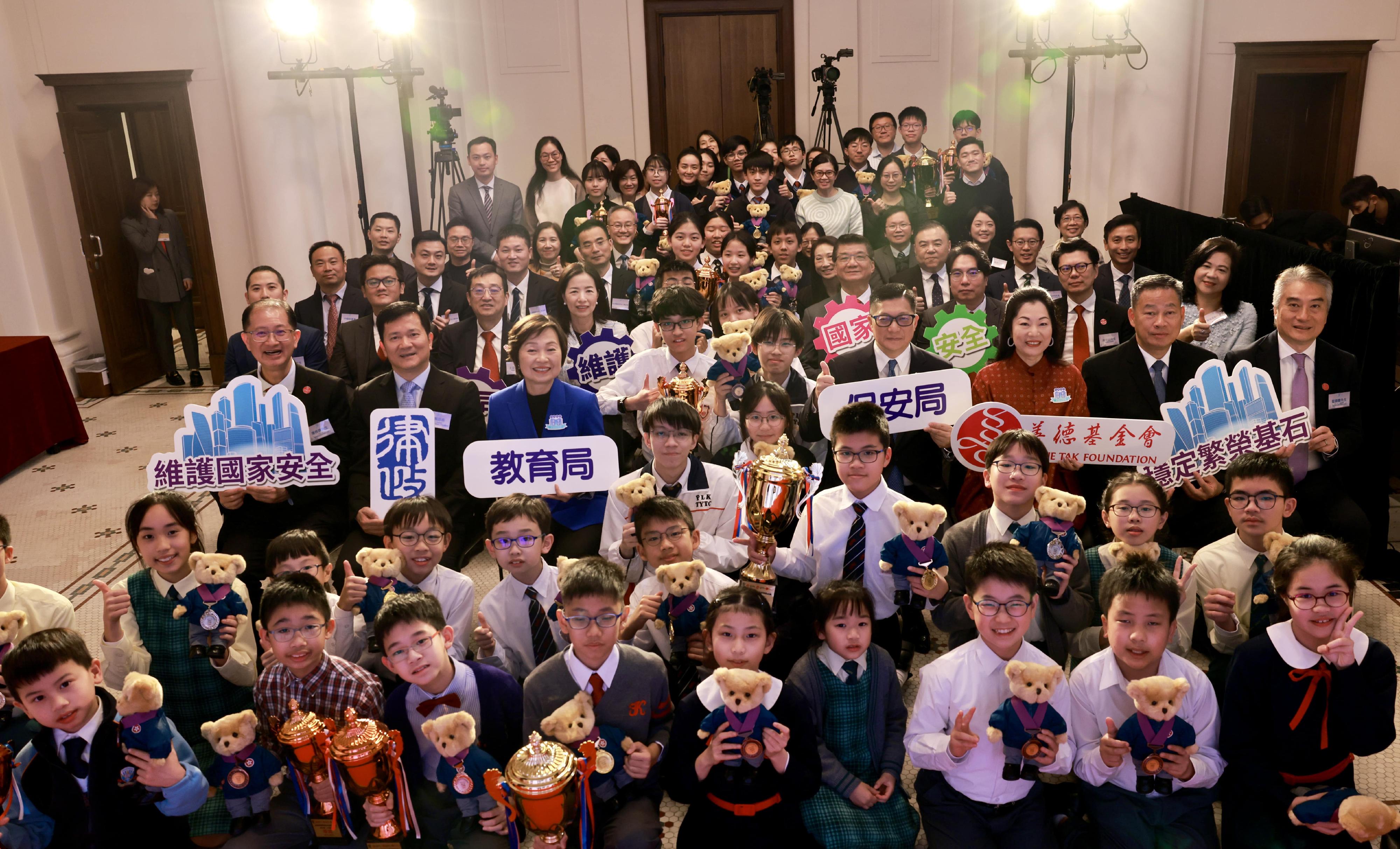The Centre for Health Protection (CHP) of the Department of Health (DH) is today (February 26) investigating a suspected imported case of measles infection and reminded the public that vaccination is the most effective way to prevent measles.
The case involves a 22-year-old man with good past health. He has developed fever, cough and runny nose since February 20 and visited a private doctor on the same day. He developed rash on February 23, and attended Hong Kong Adventist Hospital – Tsuen Wan and was admitted for treatment on the next day (February 24). He is in stable condition and was discharged yesterday (February 25).
His blood and respiratory samples tested positive for the measles virus upon nucleic acid testing. The patient did not have contact with measles patients in Hong Kong, and travelled to Malaysia during the incubation period. The case has been identified as a suspected imported case.
Upon notification of the case, the CHP immediately commenced epidemiological investigations. According to information provided by the patient, he attended lectures at a tertiary institution during the communicable period. The CHP has maintained a close liaison with the tertiary institution for follow-up epidemiological investigation. Meanwhile, the CHP is carrying out contact tracing at other locations during the communicable period of the case and traced eight contacts. All of them have remained asymptomatic so far. The CHP provided health and medical surveillance advice to the contacts. Epidemiological investigation is ongoing.
“The global immunisation coverage rates have dropped since the COVID-19 pandemic. Many countries worldwide are facing a resurgence of measles outbreaks, with more than 58 000 people in Europe and central Asia were infected with measles in 2023. In view of the continuous increase in measles cases in the European Region, the World Health Organization has urged parents to bring their children to get vaccinated as early as possible to prevent measles from spreading,” a spokesman for the DH said.
The CHP reiterated that vaccination is the most effective way to prevent measles. During the COVID-19 pandemic over the past three years, parents, schools and healthcare workers in Hong Kong continued to support childhood immunisations, striving to maintain the immunisation coverage rates at a high level. As revealed by the vaccination uptake of primary school students and the findings of the territory-wide immunisation surveys regularly conducted by the DH, the two-dose measles vaccination coverage has been consistently maintained at a high level, well above 95 per cent, and the local seroprevalence rates of measles virus antibodies reflect that most of the people in Hong Kong are immune to measles. On the whole, the information available indicates that the risk of large-scale outbreak is considered to be low in Hong Kong. However, it is possible for some not fully vaccinated people to get infected and transmit the measles virus to susceptible people (including children aged below one who are not due for the first dose of measles vaccine).
The spokesman reminded members of the public that delays in vaccination will weaken the protection for children against measles, and parents are reminded to maintain up-to-date vaccination for their children for comprehensive and timely protection. All people who are non-immune to measles, especially foreign domestic helpers, people working or studying in tertiary institutions, and workers of sea / land / air border control points who may be at higher risk of contracting an imported case, should receive two doses of measles-containing vaccine. In general, people can be considered as non-immune to measles if they (i) did not have the infection confirmed by laboratory test before, and (ii) had not received two doses of measles-containing vaccines in the past, or have unknown vaccination status or unknown immunity against measles. On the other hand, as measles was endemic in Hong Kong and most parts of the world before 1967, people born before 1967 are considered to have acquired immunity to measles through natural infection.
The spokesman supplemented that, members of the public who are planning to travel to places with a high incidence or outbreaks of measles should review their vaccination history and past medical history, especially people born outside Hong Kong who might not have received a measles vaccination during childhood. Those who have not received two doses of measles-containing vaccines, with unknown vaccination history or unknown immunity against measles, are urged to consult their doctor for advice on vaccinations at least two weeks before departure.
Measles is a highly infectious disease caused by the measles virus. It can be transmitted by airborne droplets or direct contact with nasal or throat secretions of infected persons, and, less commonly, by articles soiled with nose and throat secretions. A patient can pass the disease to other persons from four days before to four days after the appearance of a skin rash.
The spokesman advised, “The incubation period (the period from infection to appearance of illness) of measles ranges from seven days to 21 days. Symptoms of measles include fever, skin rash, cough, runny nose and red eyes. If symptoms arise, members of the public should wear surgical masks, stop going to work or school and avoid going to crowded places. They should also avoid contact with non-immune persons, especially persons with weakened immunity, pregnant women and children aged below one. Those suspected to have been infected are advised to seek medical attention as early as possible and reveal relevant contact history of measles to healthcare professionals.”
Besides being vaccinated against measles, members of the public should take the following measures to prevent infection:
- Maintain good personal and environmental hygiene;
- Maintain good indoor ventilation;
- Keep hands clean and wash hands properly;
- Wash hands when they are dirtied by respiratory secretions, such as after sneezing;
- Cover the nose and mouth while sneezing or coughing and dispose of nasal and mouth discharge properly;
- Clean used toys and furniture properly; and
- Persons with measles should be kept out of school till four days from the appearance of a rash to prevent the spread of the infection to non-immune persons in school.
​For more information on measles, the public may visit the CHP’s
measles thematic page. Members of the public who are going to travel can visit the website of the DH’s
Travel Health Service for news of measles outbreaks outside Hong Kong.
read more


